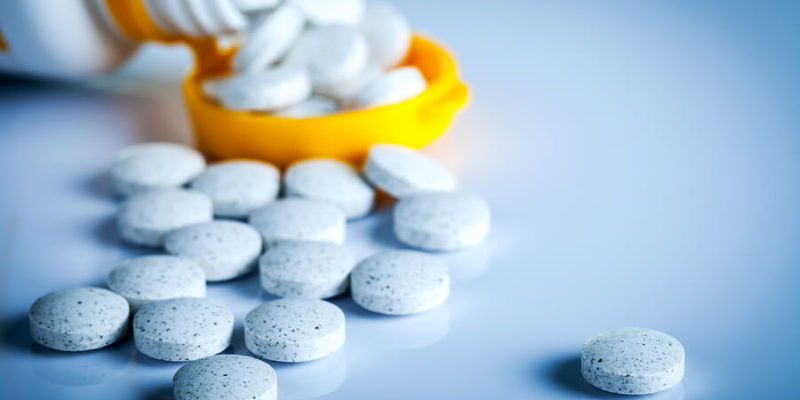Ecstasy, also known as MDMA (3,4-methylenedioxy-methamphetamine), is a synthetic stimulant. The drug has psychoactive characteristics that affect perception. When serotonin is produced in the brain, people taking the medicine report feeling more energetic and emotionally sensitive for a brief period. The drug may be used as an antidepressant for a short duration.
This is one of the most common causes of ecstasy addiction and misuse. As a result of the medication’s positive effects on mood and heightened emotional sensitivity, patients form positive associations with the drug. MDMA cause the brain to release serotonin and if unavailable, it is unable to release the chemical on its own. As the amount of time spent on the drug increases, the body becomes physically dependent on it.
What Happens When You Take Ecstasy?
MDMA activates the brain chemicals—heart rate increases as a result of the effects of norepinephrine. Suppressing serotonin levels might lead to decreased sleep or food intake and a rise in sex urge. Approximately 15 minutes after ingesting MDMA, the drug enters the brain’s circulation. The effects continue to be felt 3 to 6 hours later.
Street Synonyms for Ecstasy And MDMA
In order to avoid detection, ecstasy/MDMA is sold under several street names. https://mallardlakedetox.com/ Street names are often used refer to ecstasy and MDMA, which might help you determine whether someone you care about is misusing the substances.
Some of the most common street names people may hear or read about on the Internet include Adam, Candy, Beans, E, Clarity, Dancing Shoes, Hug, Happy Pill, and Hug Drug.
Addiction to Ecstasy
Ecstasy triggers reactions in a variety of brain chemicals to produce its diverse set of effects. Hormones may impact a wide range of emotions and sensations, including enjoyment, love, and rust. They also regulate physiological functions such as sleep and appetite. High levels of the neurotransmitter serotonin characterize ecstasy. Experts suggest that an increase in brain serotonin is responsible for many of the stimulant effects of ecstasy. If the intake of the drug is decreased, the brain cannot function “normally” and you may experience the following symptoms:
- Exhaustion
- Memory loss
- Insomnia and a growing desire to use drugs.
These symptoms will diminish with time, but some may last long after you stop taking medicine.
Get The Appropriate Ecstasy and MDMA Addiction Treatment
Have you or a loved one experimented with ecstasy or MDMA? Treatment for ecstasy/MDMA addiction has been sought by many individuals, who have also devised coping strategies. Recovering from an addiction to the drug is possible at Mallard Lake, thanks to the expertise of the staff. Don’t wait any longer to begin your journey toward a healthier way of life. Finding a treatment clinic that addresses these co-occurring mental health disorders is essential for a successful recovery from any drug addiction. Among these options is Mallard Lake Detox Center, a facility that employs seasoned medical specialists with extensive knowledge of the mental health issues that plague the United States.

Comments